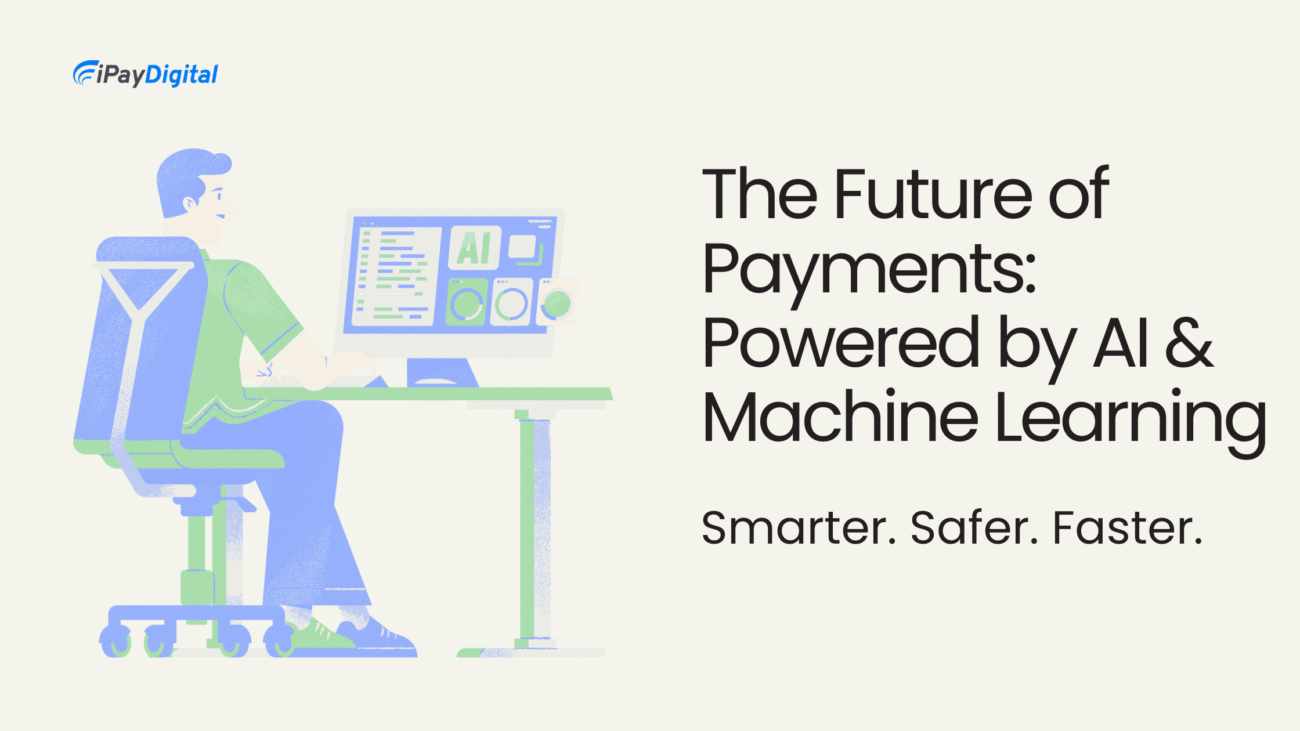In today’s digital age, online payments have become a cornerstone for businesses across the U.S. With millions of transactions processed daily, ensuring the security of these payments is paramount. However, with the growing number of cyber threats and data breaches, maintaining payment security is an ongoing challenge for businesses. To address these concerns, new federal regulations are being introduced, significantly reshaping how businesses approach online payment security.
This blog explores the impact of these new regulations on U.S. businesses, detailing how companies must adapt, and the long-term benefits for both merchants and consumers.
The Growing Need for Enhanced Payment Security
As eCommerce continues to expand, the number of online transactions is skyrocketing. According to Statista, the value of eCommerce in the U.S. alone was expected to reach $1 trillion by 2023. With such immense volumes of financial activity, the importance of secure payment systems cannot be overstated.
Cybercrime is becoming more sophisticated, and financial institutions, as well as businesses, are under increasing pressure to protect sensitive customer information. According to a report by Cybersecurity Ventures, cybercrime will cost the world $10.5 trillion annually by 2025. These numbers underscore the urgency of implementing stronger security measures to safeguard online transactions.
New Federal Regulations: An Overview
Recognizing the escalating threat landscape, the U.S. government has implemented stricter federal regulations aimed at enhancing payment security. These regulations focus on improving data protection standards and ensuring that businesses take appropriate measures to secure consumer information.
Some key highlights of these new regulations include:
- Strong Customer Authentication (SCA): Businesses are now required to implement multifactor authentication (MFA) for online payments. This involves using more than one method of authentication to verify a customer’s identity, such as a password combined with biometric verification or a one-time code.
- Tokenization: Tokenization replaces sensitive card information with a unique, non-sensitive identifier (or token) that cannot be used outside the specific transaction. This makes it harder for hackers to steal and misuse payment information.
- End-to-End Encryption (E2EE): Regulations now mandate that businesses ensure payment data is encrypted from the point of sale until it reaches the payment processor, minimizing the risk of interception.
- Regular Audits and Compliance Reporting: Businesses must undergo regular audits and provide compliance reports to ensure they are following federal security standards.
How These Regulations Impact U.S. Businesses
The introduction of these regulations is driving significant changes in how businesses handle online payments. While the primary goal is to improve security, the impact on U.S. businesses varies, depending on the size, industry, and existing security infrastructure of the company.
1. Increased Operational Costs
One of the most immediate effects of the new regulations is the increased cost of compliance. Implementing multifactor authentication, tokenization, and end-to-end encryption can be expensive, particularly for small and medium-sized enterprises (SMEs) with limited resources. Businesses will need to invest in new technologies, upgrade existing systems, and possibly hire experts to oversee compliance efforts.
While these costs may seem burdensome, they pale in comparison to the potential financial losses that could result from a data breach. According to IBM’s 2022 Cost of a Data Breach Report, the average cost of a data breach in the U.S. is $9.44 million. By investing in stronger security measures upfront, businesses can mitigate the risk of costly breaches and avoid the associated reputational damage.
2. Improved Customer Trust
On the flip side, the new regulations offer a significant benefit for businesses: improved customer trust. Consumers are increasingly concerned about the security of their personal information, and they are more likely to do business with companies that prioritize protecting their data. By complying with the latest federal security standards, businesses can position themselves as trustworthy partners in the digital marketplace.
In addition, secure payment processes can reduce the likelihood of fraud, minimizing chargebacks and disputes, which further enhances the customer experience.
3. Potential Disruption to Business Processes
Adapting to new payment security requirements could cause short-term disruption to business processes. For example, businesses that rely heavily on online transactions may need to temporarily suspend certain services to implement the necessary upgrades. This downtime could result in lost sales and frustrated customers.
To minimize disruption, businesses should adopt a phased approach to compliance. By rolling out security updates gradually and communicating clearly with customers, businesses can ensure a smoother transition to the new regulations.
4. Competitive Advantage
For forward-thinking businesses, these regulations present an opportunity to gain a competitive edge. Companies that adopt advanced security measures early can differentiate themselves in the marketplace and attract security-conscious consumers. Additionally, demonstrating compliance with the latest standards could help businesses secure lucrative partnerships with larger companies or government entities that prioritize security.
Businesses that proactively adapt to the new regulations will be well-positioned to thrive in an increasingly security-focused digital landscape.
Long-Term Benefits of the Federal Payment Security Overhaul
While the initial impact of these new regulations may be challenging for some businesses, the long-term benefits are clear. By investing in stronger payment security measures, businesses can protect themselves from the growing threat of cybercrime, build stronger relationships with customers, and ensure compliance with federal standards.
Some of the key long-term benefits include:
- Reduced Risk of Data Breaches: With robust security measures in place, businesses can significantly reduce the risk of data breaches, minimizing the potential financial and reputational damage.
- Fewer Chargebacks and Fraudulent Transactions: By implementing stronger customer authentication and tokenization, businesses can reduce the likelihood of fraudulent transactions, leading to fewer chargebacks and improved profitability.
- Increased Consumer Confidence: Consumers are more likely to trust and engage with businesses that demonstrate a commitment to protecting their data. By complying with the latest federal regulations, businesses can enhance their reputation and attract a larger customer base.
- Improved Compliance with International Standards: Many of the new federal regulations align with global payment security standards, such as the General Data Protection Regulation (GDPR) in the European Union. By complying with these standards, businesses can expand their operations internationally and avoid costly fines for non-compliance.
Conclusion: A New Era of Payment Security for U.S. Businesses
The federal regulations aimed at overhauling online payment security mark a significant shift for U.S. businesses. While the costs and challenges of compliance may be daunting, the long-term benefits are undeniable. By embracing these new standards, businesses can protect themselves from cyber threats, build trust with customers, and ensure their continued success in an increasingly digital world.
For businesses that view these regulations as an opportunity rather than a burden, the future holds great promise. Those that invest in robust security measures today will be well-prepared to navigate the challenges of tomorrow’s payment landscape.
Read more: Elevating Security in Digital Transactions — The Vital Role of eCheck Verification














